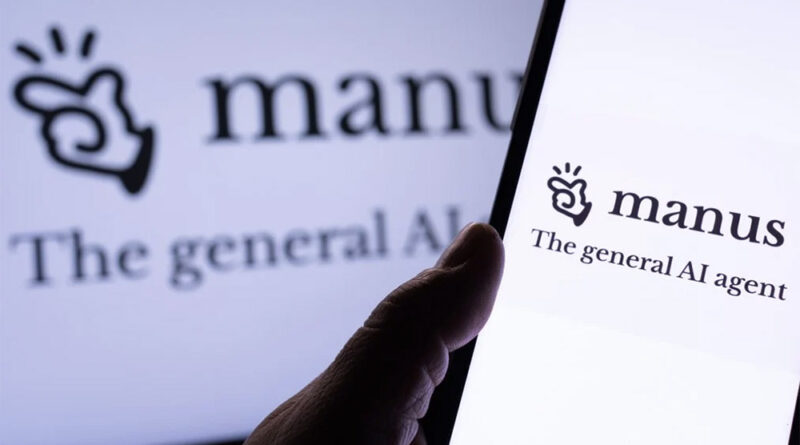Manus AI Isn’t Ready. Neither Are We. A Cautionary Tale for the AI Era
The promise of AI has long been painted in broad, optimistic strokes: a future where technology simplifies our lives, streamlines our work, and unlocks endless possibilities. Yet, the latest chapter in this unfolding saga—a stress-test of Manus AI, a highly publicized agent from a relatively obscure Chinese startup—raises critical questions about how fast we’re hurtling toward an autonomous tech future and whether our readiness matches the pace of innovation.
While Manus AI can indeed impress. It built a surprisingly engaging Tetris-like game on command, and its real-time recommendations, like the modest suggestion for a bar in a bustling Tokyo neighborhood, are not without merit. But those feats are only part of the story. As anyone who’s pushed it to its limits will tell you, Manus AI still suffers from glitches and crashes, and it struggles with more complex tasks like booking dinner reservations or handling online shopping. In other words, while it dazzles in controlled scenarios, it falters when the stakes—and the unpredictability—rise.
That gap between capability and reliability might, in fact, be a blessing in disguise. Limited server capacity, often seen as a drawback, could be the very safety valve the world needs right now. The more we rely on AI agents like Manus without fully understanding their vulnerabilities, the greater the risk of unintended—and potentially dangerous—consequences. Imagine an AI agent that, due to a bug or a misinterpretation of its programming, makes unauthorized purchases, disseminates inaccurate information, or worse, exposes sensitive data. These are not hypothetical risks; they are real possibilities that demand our attention.
For too long, the narrative around agentic AI has been dominated by Silicon Valley giants who promise a future of seamless, autonomous technology. These companies have, until now, been the gatekeepers of safety and responsibility, constrained by their own reputational risks. But Manus AI—and similar projects springing from global startups—illustrates a seismic shift in the landscape. Now, relatively small teams can leverage off-the-shelf technology to create AI agents that capture public imagination even as they operate on precarious ground. The drive to be first-to-market, often at the expense of robust safety protocols, raises an unsettling prospect: a race to deploy powerful, semi-autonomous tools without a clear framework for accountability or control.
It’s not just a technical hiccup—it’s a profound question about who should be trusted with the power to make autonomous decisions on our behalf. When an AI system built by a startup in China makes a costly error, who bears the blame? The developer, the user, or perhaps a shadowy conglomerate of tech companies? The current regulatory and legal frameworks are ill-equipped to answer these questions, leaving us in a dangerous limbo as AI technology becomes increasingly integral to our daily lives.
Geopolitics further complicates this already murky picture. The Manus AI case isn’t just about technology—it’s a stark reminder of the ongoing tech rivalry between the U.S. and China. With Chinese startups pushing the envelope and Western giants reeling under the pressure of innovation and accountability, it’s clear that the race isn’t solely about technological prowess, but also about global influence and control. Recent moves by companies like Alibaba and the resurgence of domestic enthusiasm for AI in China underscore that the battle is far from one-sided.
As policymakers scramble to establish comprehensive safety frameworks, it’s imperative to remember that the deployment of AI isn’t just a matter of technical capability—it’s also a societal challenge. We must not let the lure of rapid innovation blind us to the potential hazards. If we’re to trust machines with increasing levels of autonomy, there must be a parallel effort to set stringent guidelines, enforce accountability, and ensure that these tools serve the public good rather than exacerbate existing vulnerabilities.
In the rush to embrace the future, let Manus AI serve as a timely warning. The excitement over breakthrough innovations should be tempered with caution, and our collective approach to AI development must prioritize safety and responsibility above the fleeting thrill of novelty. After all, the day we allow technology to outpace our ethical and regulatory frameworks may be the day we regret not taking a more measured approach.

